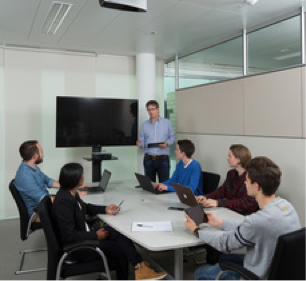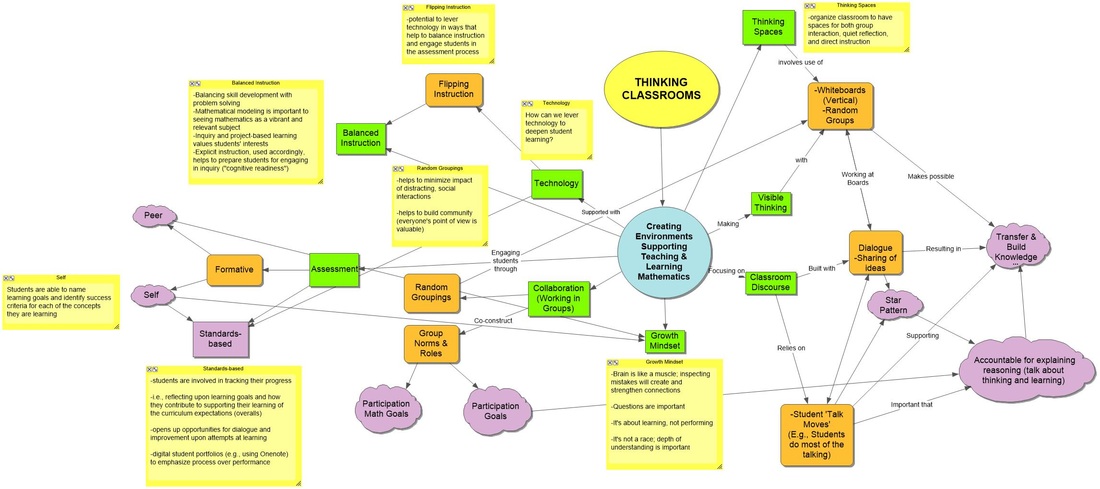The foci for the posts in this 3-part series are as follows:
Part 1: My current position and learning regarding effective leadership (read more)
Part 2 (this post): Reporting on cycles of inquiry, co-leading a professional learning community (PLC), 2015-17
Part 3: Contemplating the future of/for school-level leadership
(This future piece of writing--Part 3--will most likely be broken down into two parts--both parts posted before the end of 2017. As I will be entering into a new leadership role in September (Learning Partner-Upper Canada DSB; helping to lead and support professional and student learning), I will be reflecting upon connections between my experiences and the competencies of Ontario's Leadership Framework.)
In advance, thank you for your readership and engagement in Flipping the Focus. I invite and encourage you to comment and provide feedback on the report provided: your contributions will help me along my journey into learning about the role of the principal and school-level leadership. Also, if something resonates with you, feel free to share your thinking, as it will contribute to the learning of others.
Thank you.
Sincerely & Collegially Yours,
Chris Stewart, OCT
Learning Partner-Upper Canada DSB, 2017-18
Innovation. This is a term that continues to be espoused as an ingredient, vital to the continuous improvement of student learning. In fact, Fullan (2013) writes that “…when students experience innovative teaching practices, they are more likely to develop and demonstrate the skills needed for life and work.” And like many school districts (e.g., Upper Canada DSB), their mission is to prepare all students for a successful life.
It follows that not only should innovative teaching practices be defined, but that it is questioned as to how such practices can permeate school-level leadership (and teaching) for the benefit of professional educators and their students—ultimately, teachers and students need to make innovation their agenda.
When we consider innovative teaching practices, Hattie identifies several factors that have impact on improving teaching and learning (in Fullan, 2013). For example, teacher-related factors that result in better student performance include the following: expert knowledge and understanding of content, facilitating student learning to deeper outcomes, effective use of assessment (including guiding students to becoming better assessors of their own learning), paying attention to affective factors of learning, and validating impacts of teaching strategies on student learning.
With regards to Hattie’s research, it has been shown that teacher-related factors have the most profound effect on student learning, and to arrive at re-culturing school environments to embracing innovation, Robinson (2011) points to leaders having a significant impact. In fact, of the several actions that can be taken, leading teacher, professional learning is most important (effect size: 0.84) next to establishing goals/expectations and ensuring quality teaching (effect size: 0.42; both). And when leaders effectively engage in co-constructing conditions for teacher professional learning, Hargreaves has found that this dimension of school-level leadership has just as much impact upon student learning as teacher-related factors (presentation by Coulombe & Corlyon, 2017).
With this view on innovation in teaching and learning, and with district mandates for schools and professionals to consistently and effectively engage in continuous improvement, school administrators and teacher leaders have the important responsibility of not only mobilizing knowledge of these practices, but to earnestly work to culturing innovation in their schools. The larger question then, to help innovation permeate school culture, is...How?



 RSS Feed
RSS Feed


